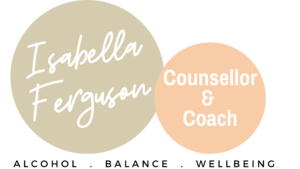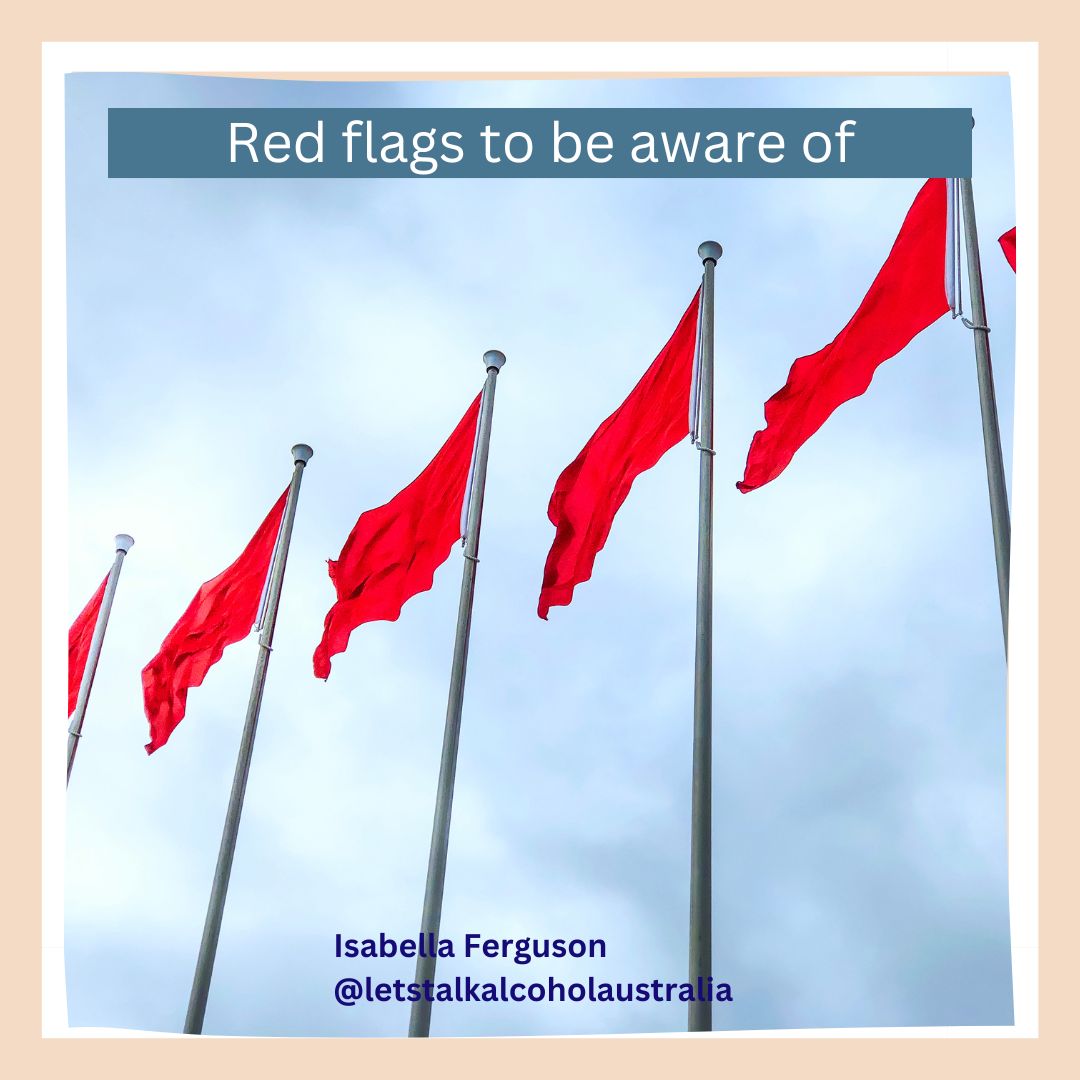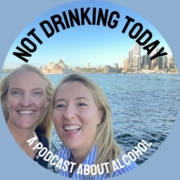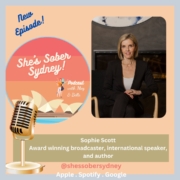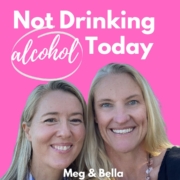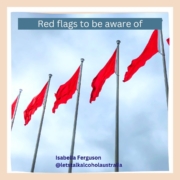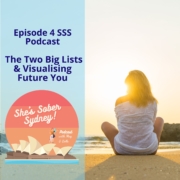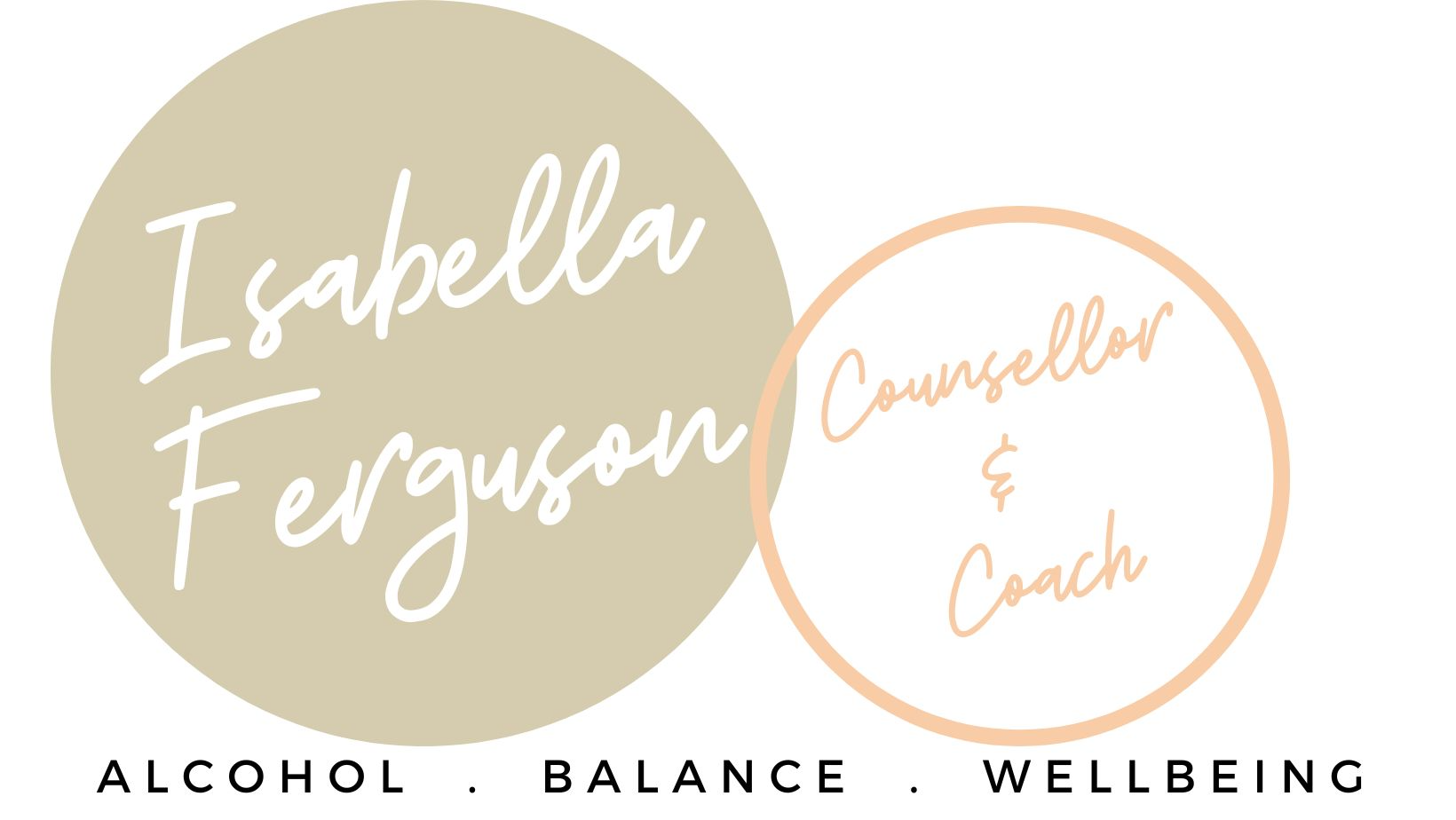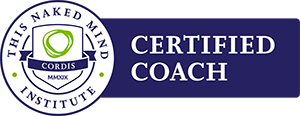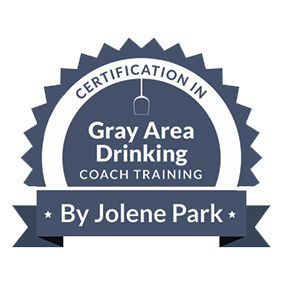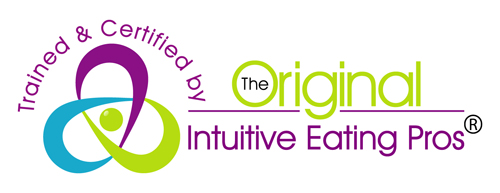Alcohol Use: Red Flags
Red flags
Alcohol temporarily masks feelings of anxiety, nerves and doubt but becomes problematic when you start using it to make you feel “normal” in stressful, traumatic and emotionally uncomfortable moments. You’ll start believing that alcohol helps you feel better and when this happens the habit and belief is formed and this is reinforced over time.
5 Red Flags to consider
- Are you regularly waking up at 3am after drinking the night before? Alcohol provides 20 minutes of relief but your brain then releases stress hormones (adrenalin and cortisol) to counteract the depressive effects to stimulate and maintain homeostasis. These hormones stay in your system much longer than dopamine. Hello 3am wake-up! Feelings of unease, restlessness and anxiety last for days.
- Self-medication: Your alcohol use can quickly escalate if you are using alcohol to self-medicate anxiety or depression. Plus alcohol exacerbates these symptoms. Drinking alcohol is like pouring fuel on anxiety and stress.
- Moderation fails: Do you often fail to moderate your drinking? You go out to have two or three and end up having a lot more? It’s common and it’s not your fault. Alcohol is physically and emotionally addictive but perhaps it’s time to try differently not harder.
- Are you no longer enjoying activities without alcohol? After years of drinking, alcohol lowers your normal dopamine release and increases your stress hormones even when you are not drinking. Frightening right? Alcohol takes away your ability to experience pleasure and joy in the small things. Think of those activities you used to enjoy, perhaps with your kids? This encourages you to drink more to feel “normal”.
- General risks to be aware of: Did you start drinking quite young? Is there a “problem drinker” in your extended family? Did your drinking increase after a traumatic event? Do you find you charge up and get more energy during a night of heavy drinking while others fade away? Keep these factors in mind as these things elevate your risks of developing an alcohol use disorder.
The way out
We have so many more options now to help us drink less. Read a quit-lit book or listen to an alcohol-related podcast and learn what alcohol does to your brain and why you drink it. Join a 30-day online alcohol course designed to support you to drink less. In my experience the best ones are those that help you to reframe your beliefs around alcohol so you no longer desire it. Also, find a counsellor or coach with alcohol qualifications to get one-on-one support.
*Consult your doctor as soon as possible if you are worried you are physically addicted. About 10% of the drinking population falls into this category. Handy to know: there are medically-supervised options to confidentially detox safely at home under supervision.
Conclusion
Alcohol use can sneak up on you and you can find yourself stuck in an overwhelming drinking cycle. Alcohol is addictive and is marketed to appeal to your vulnerabilities to “help you” feel relaxed, confident and successful. It is not your fault but perhaps it’s time to turn the trajectory around. Drinking less will profoundly improve your life. There is support for you out there if this is something you would like to achieve.
